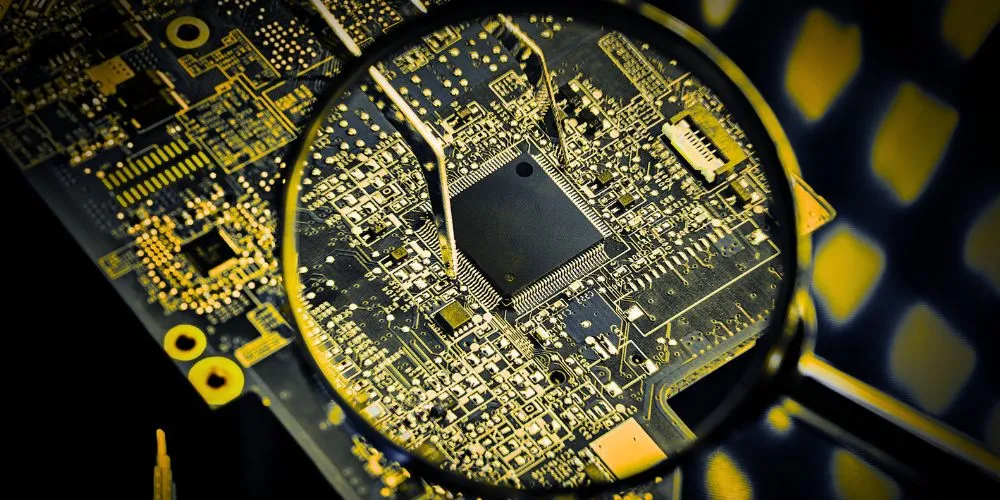Key Points
- U.S. semiconductor trade groups criticized new export controls in a private letter to President Biden.
- The regulations restrict the global use of Nvidia chips for AI data centers through a licensing system.
- Anticipated rules may limit high-bandwidth memory sales, affecting U.S. and Korean firms.
- Trade groups argue the regulations were enacted without adequate consultation or public input.
A coalition of trade groups from the semiconductor and manufacturing sectors has sent a private letter to U.S. President Joe Biden, criticizing new export controls they claim were implemented without sufficient industry consultation. The Biden administration recently introduced regulations restricting the global placement of Nvidia computing chips, establishing a three-tier licensing system for countries seeking to use U.S. chips in AI data centers.
The letter, dated January 13, was not publicly disclosed but includes complaints from organizations representing chip manufacturers and toolmakers, such as the Semiconductor Industry Association (SIA) and SEMI. The trade groups expressed concerns about the new rules and an additional regulation anticipated to restrict high-bandwidth memory sales further this week. These memory components, essential for producing advanced AI chips, are primarily manufactured by U.S. and South Korean companies and are expected to face limitations on exports to China.
The groups argue that the new rules could have significant long-term consequences for the U.S. semiconductor industry, potentially allowing international competitors to gain market share. They emphasize that despite their broad economic and international implications, the regulations were introduced without adequate input from industry stakeholders or opportunities for public comment.
A source familiar with the pending regulations indicated that the measures might reverse previous interpretations of the rules, affecting companies like Lam Research. Lam, an equipment supplier to memory chip manufacturers in China, has reportedly earned hundreds of millions of dollars more than expected under the current framework. The revised rules could significantly impact its revenue and operations.
Meanwhile, tensions remain high as the industry braces for the potential fallout from these changes, which could reshape the competitive landscape for AI and semiconductor technologies globally.





